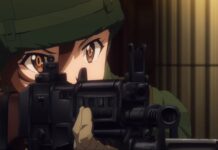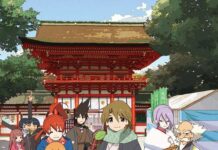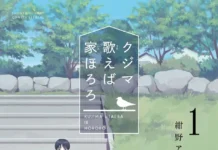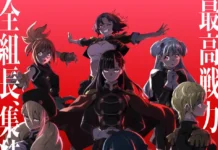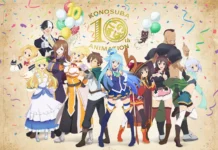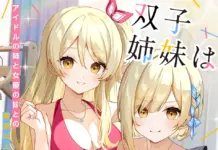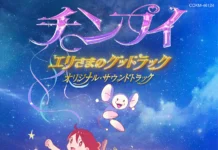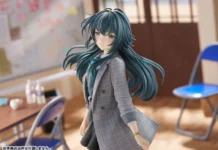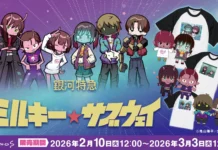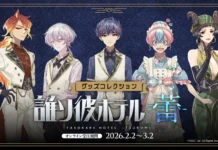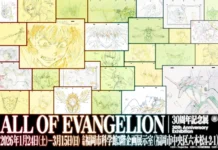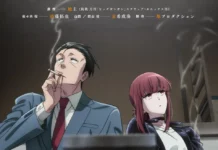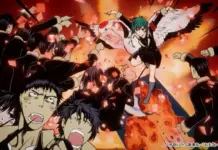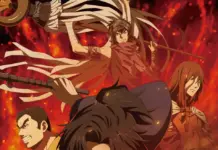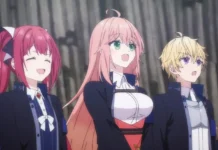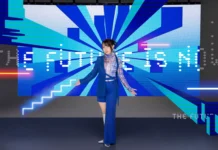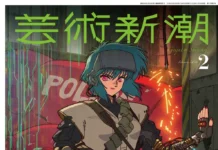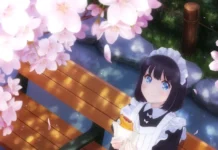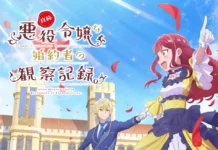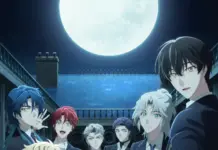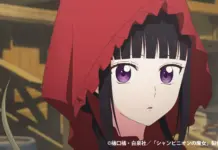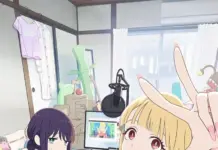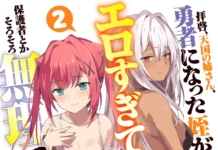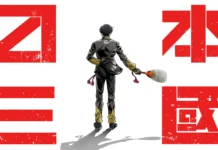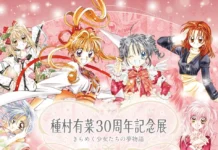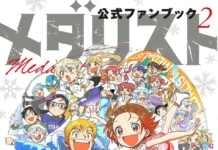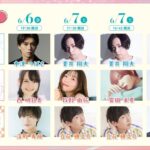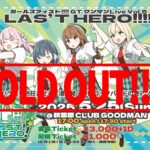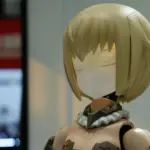Osaka’s big seiyuu day is officially on the calendar: on November 30, 2025, Osaka University of Arts will take over NHK Osaka Hall with the “Osaka University of Arts Seiyuu Festival – Voice Actor Revolution –,” a free event that lets fans peek straight into how Japan actually trains its next wave of voice actors—and how that training connects to global anime fans.
Inside Osaka University of Arts Voice Actor Training
Osaka University of Arts’ Broadcasting Department runs a Voice Actor Course that leans hard into performance, not just mic technique. Many of its instructors—and a lot of its graduates—are affiliated with Aoni Production, one of Japan’s most famous talent agencies for voice actors and narrators. Their shared belief is simple but pretty bold: a great voice actor is also a great actor.
That means students don’t just chase “anime voice quality.” They train like stage and screen actors: reading and understanding scripts as full drama, building characters from body language and emotion first, then layering in voice. The Seiyuu Festival is basically a big, public “open class” where this philosophy is put on stage in front of a real audience.
Seiyuu Festival Spotlight on Real Student Practice
The festival’s first half is all about what students have been working on in class. On the program are reading plays including “Koya no Oujisama (荒野の王子様)” based on O. Henry, plus original pieces like “Kimi no Aozora (君の青空)” and the hero-flavored “Kinki Sentai Yonkenjā (近畿戦隊ヨンケンジャー),” each guided by professional voice actors who also teach at the university.
There is also an anime dubbing section, where students perform to picture under the direction of veteran instructor Ryoichi Tanaka, along with the famous “Uirouri (外郎売り)” speech performance led by Kazue Ikura, known for roles such as Kaori Makimura in City Hunter. For overseas fans, this is a rare look at what “voice actor school” actually means in Japan: not just reading lines into a mic, but learning timing, breath control, emotional shifts, and ensemble acting under the pressure of a live audience.
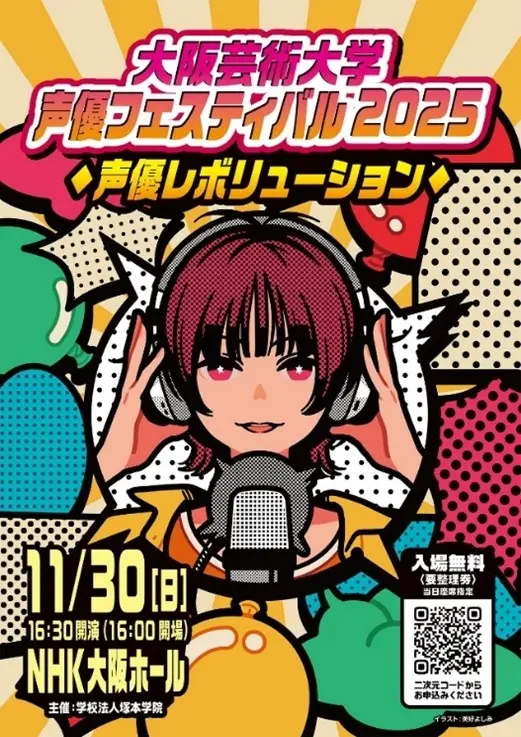
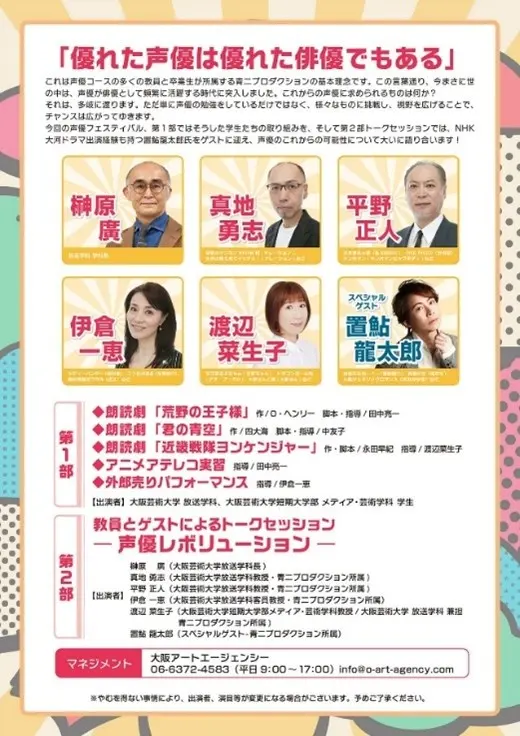
Aoni Production’s Actor-First Philosophy Behind the Course
The festival is explicitly grounded in Aoni Production’s core idea that voice acting is a form of acting, not a shortcut around it. That is why the talk session in the second half brings together department head Hiroshi Sakakibara, professors and active voice actors Yūshi Maji, Masato Hirano, Kazue Ikura, and Naoko Watanabe—names tied to series like Nintama Rantarō, One Piece, Dragon Ball Super, and more—alongside special guest Ryōtarō Okiayu.
English-speaking fans may know Okiayu from roles like Byakuya Kuchiki in Bleach, Meisuke “Nūbē” Nueno in Hell Teacher Nūbē, and many other characters across anime and games. Together, this lineup will dig into what kind of range a modern seiyuu needs, how on-camera or stage experience changes voice performance, and what kind of training prepares you for both anime and live-action narration or drama. Even if you don’t understand every word in Japanese, simply watching how these pros interact with students gives a real sense of serious voice actor education in action.
Overseas Anime Fans Learning From This Osaka Event
If you are sitting in LA, Manila, London, or São Paulo thinking, “One day I’d love to study voice acting in Japan…”, this festival will not magically teleport you into class, but it does give you a concrete image of what Japanese voice actor training actually includes. You can see reading plays, anime dubbing practice, classic speech drills, and feedback from working professionals, all in one evening.
It also shows how a university program differs from a short-term school, with longer-term projects and collaboration between undergrads and junior college students. And through the careers of the guests—who work across anime, games, narration, and even historical drama—you get a realistic model for what a “multi-field” voice actor career can look like.
Following events like this makes it easier to imagine what level of Japanese you might need, what schedules and rehearsals could feel like, and whether a university-style path fits your own plans. Even if you cannot travel right now, you can still keep tabs on the program via the official page and the department’s X account, then use that information to plan future study or a scouting trip to Japan.
All You Need to Attend the Free Osaka Seiyuu Festival
If you are in Kansai around the end of November, here is how to join the festival in person.
Date & time: Sunday, November 30, 2025 (doors open 16:00, start 16:30)
Venue: NHK Osaka Hall, 4-1-20 Otemae, Chuo-ku, Osaka
Admission: Free, but a numbered admission ticket is required; seats are assigned on the day.
Organizer: Tsukamoto Gakuen Educational Foundation / Osaka University of Arts
Tickets are handled via a special application form linked from the official event page and from Osaka Art Agency, which manages the performance. For full details, check the Japanese outline and ticket page below.
Official Seiyuu Festival 2025 page (Japanese)
Osaka Art Agency event information
Osaka University of Arts Voice Actor Course on X
Future Paths Opening for Globally Minded Voice Actors
At its core, the Osaka University of Arts Seiyuu Festival – Voice Actor Revolution – is more than a one-night show. It signals that voice acting in 2025 is multi-field work—anime, narration, drama, stage, streaming, and beyond—and that students need a training environment that treats them as full actors, not just “nice voices.” Events like this are where those ideas are tested live in front of fans, industry, and future applicants.
If you are a local fan, this is an easy yes: grab a ticket, head to NHK Osaka Hall, and spend one evening watching how tomorrow’s seiyuu are being shaped right now. If you are overseas, think of this festival as a signal flare: Japanese universities are actively rethinking voice actor education, and you are invited to watch, learn, and maybe one day join.
Bookmark the official page, follow the Voice Actor Course on X, and start building your own plan—whether that means language study, a future exchange program, or simply taking inspiration for your own voice training at home.

